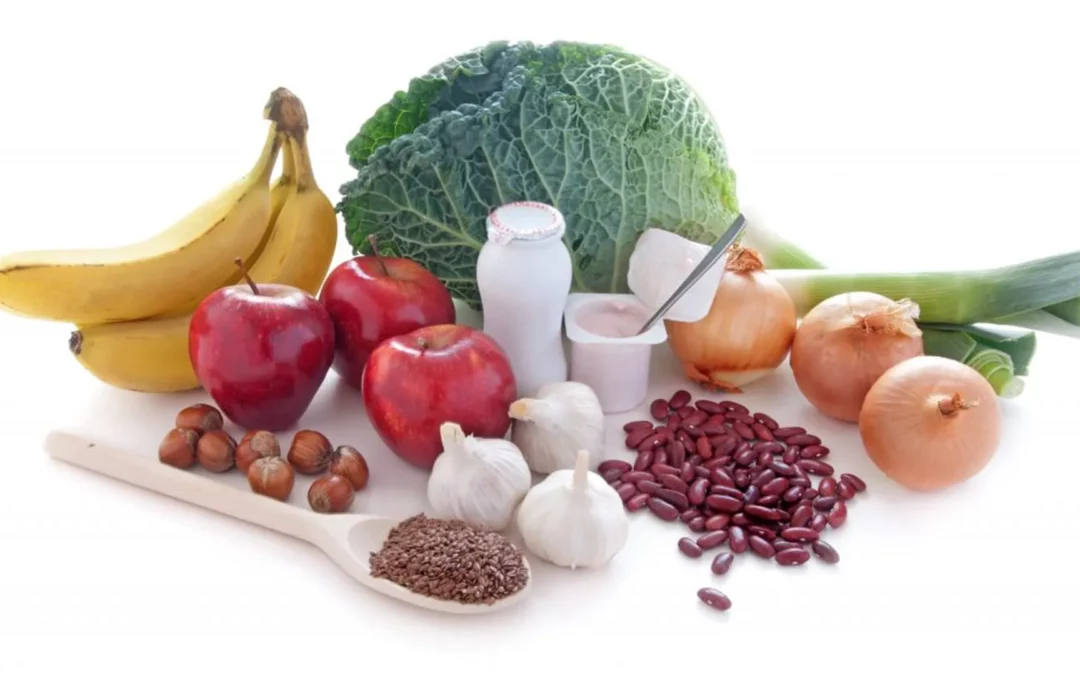



by Audra Starkey | Nov 8, 2017 | HSW, Nutrition, Podcast
Healthy Shift Worker Podcast: This week I had the absolute pleasure of interviewing one of the leading experts on gut health, Dr Jason Hawrelak who is a researcher, lecturer, naturopath, and nutritionist based in Hobart with over 17 years of clinical experience....
by Audra Starkey | Jan 10, 2017 | Nutrition
There’s so much hype in the media at the moment about the importance of gut health and the benefits of probiotics, and rightly so given shift workers gastrointestinal systems are under a great deal of distress thanks to a lifestyle which encompasses continual...